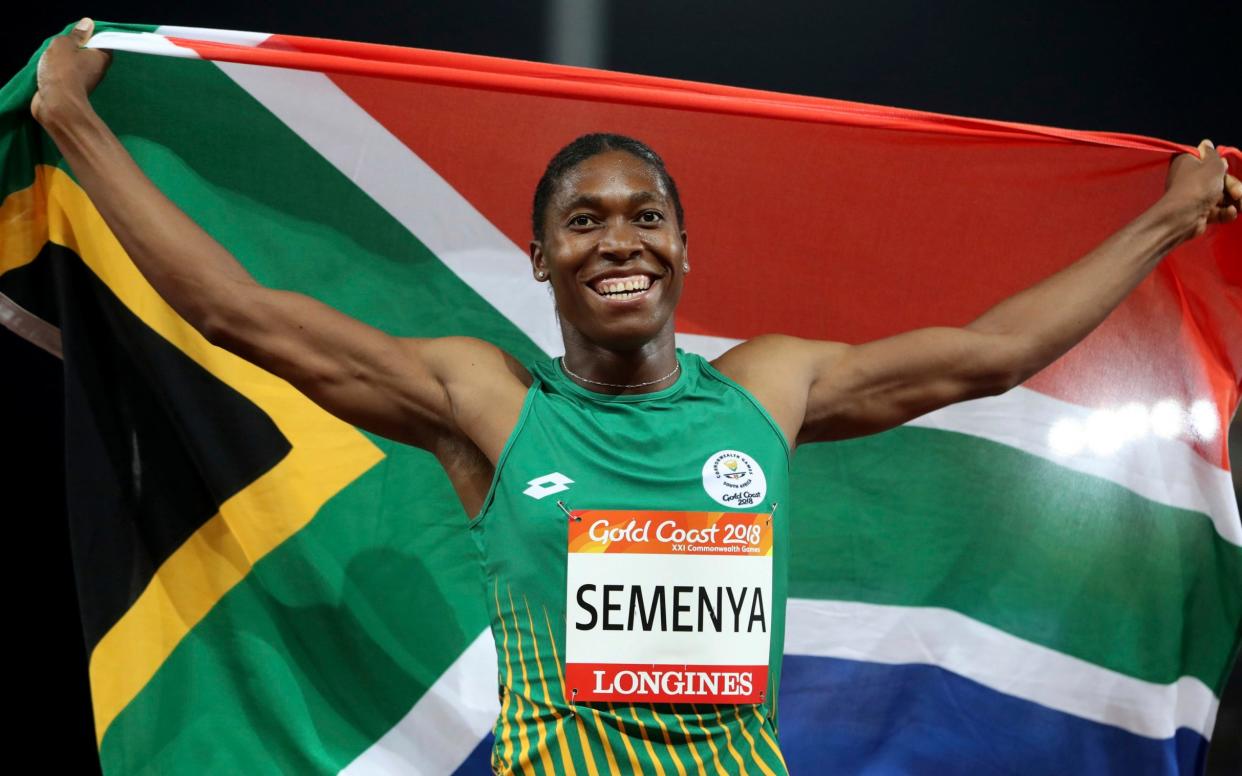High testosterone levels do help female athletes perform better, scientists confirm

Women with higher testosterone levels could run the 2,000 metres 10 seconds quicker than their rivals, a new study has found.
On Monday, the International Association of Athletics Federations (IAAF), the governing body for athletics, ruled that trans female athletes must lower their levels of testosterone if they want to compete in women’s events.
The new regulation already applies to female athletes with unusually high levels of testosterone, such as the South African middle-distance runner Caster Semenya.
But there has been little science to show if the rulings are fair, or if the hormone is having a major impact on performance.
In new experiments, researchers at the Karolinska Institute in Sweden, raised the testosterone levels of 24 women over 10 weeks using a hormonal cream, and tested their athletic ability against a control group of the same number who were given a placebo.
When asked to run on a treadmill until they were exhausted, those with higher levels of testosterone managed an extra 21 seconds.
The team also calculated that the testosterone group improved maximum speed from 3.57 m/s to 3.64 m/s. Over a distance of 1500m that would knock off 7.7 seconds and 10.8 seconds over 2000m.
Writing in the British Journal of Sport Medicine, Professor Angelica Linden Hirschberg, Department of Women’s and Children’s Health, Karolinska Institute, said: “Our study supports a causal effect of testosterone on physical performance, as measured by running time to exhaustion, in young healthy women.
“Testosterone also promoted a leaner body composition with an increase in muscle mass although body weight was unchanged.
“Our results are therefore of great importance for the ongoing discussion of whether it is fair to allow athletes with naturally high testosterone to compete in the female category without reducing their hormonal concentration to the female range.”

Under new IAAF rules competitors must keep their levels of natural testosterone below five nanomoles per litre of blood in order to compete in the female category.
In the new study, testosterone levels were increased from 0.9m nmol/L to 4.3 nmol/L in the testosterone supplemented group.
Female champions including Martina Navratiolva and Sharon Davies have frequently voiced their concerns about transgenders athletes, claiming they have unfair physical advantages.
Yet activists claim forcing trans-women and those with high hormone levels to take testosterone-reducing drugs is discriminatory.
Semenya is currently challenging the ruling that she must take medication to compete in track events.

 Yahoo News
Yahoo News 
